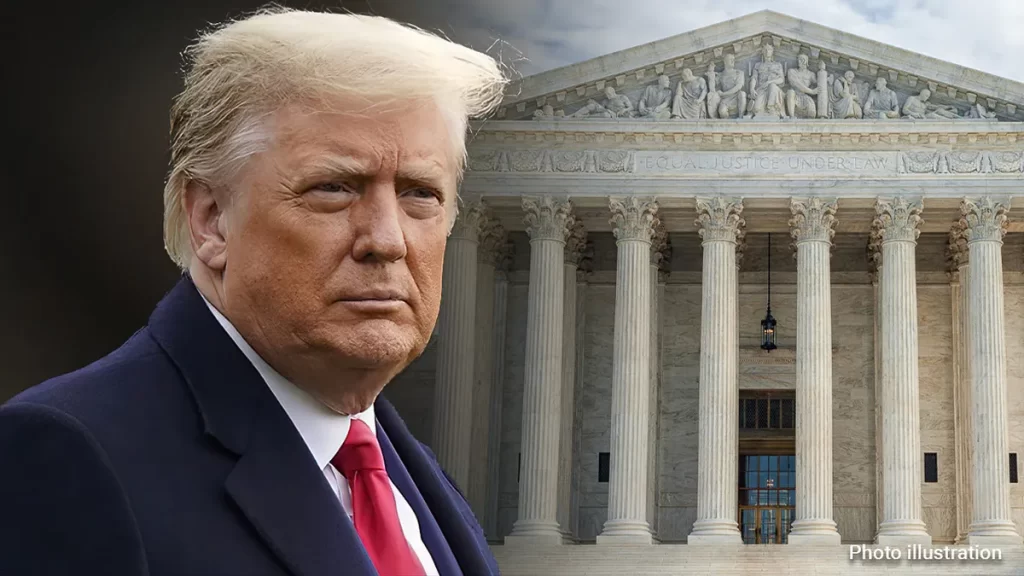On display in Trump’s immunity case: judicial hypocrisy, and that of the press

by Lev Tsitrin
Of all Americans, I can fairly claim a very special interest in Trump’s immunity case — for it allows me to compare it with my cases against a bunch of federal judges who, prior to adjudicating my free speech/property case, concocted judges’ own, bogus argument rather than impartially evaluating the respective strengths of the argument presented by the parties themselves.
In suing the judges, I argued that this “procedure” was a brazen violation of “due process,” that it was judicial fraud, pure and simple. The government pushed back arguing that in exercising their official duties, judges enjoy two kinds of immunity — judicial and sovereign ones (the latter is the one claimed by Trump), and judges were therefore immune not just from prosecution, but even from a trial — even when, per Pierson v Ray, accused of acting “maliciously and corruptly.” My rebuttal was, that this argument was predicated on an assumption that a judge acting as a lawyer for the party he wants to win, and concocting an argument for that party, performs a valid judicial function — which was patiently untrue since it completely eliminates judicial impartiality that is essential for judging, as the depictions of Lady Justice (and the statements by Supreme Court justices) assure us. Therefore, the question of whether lawyering is an integral part of judging, needed to be examined prior to deciding whether the case could proceed, or be dismissed. The courts simply ignored this argument, and summarily dismissed my cases.
Not so in the Trump immunity case which my local radio station WNYC, and NPR are covering live, right from the courtroom. Listening to the argument makes one thing crystal clear: as I expected, this is exactly my case, but applied to a different branch of government — the executive. The argument is indeed exactly identical, though the position of the parties is now diametrically opposite: the government takes my position that since the immunity does not apply to non-official acts, there is a need to establish whether the complained-of conduct was made in the official capacity, or not. (Trump’s lawyers say that whatever he is accused of was done in the official capacity, while the government objects — but both agree that this is the real question here).
So this is as if my case was moving forward, though the actions themselves are different: for Trump, it is publicly doubting the declared results of the 2020 election; for me, it was judges writing the winning argument for the government before adjudicating the case, acting as government’s lawyers before acting as judges. But the question before the court is exactly identical: what is, and what isn’t an official action for a given branch of the government?
Which gets me right to the hypocrisy evinced in the two sets of proceedings, mine and Trump’s: Trump’s case is being heard, even getting to the Supreme Court — while mine was instantly squashed. The press broadcasts Trump’s case far and wide — but I cannot make any MSM outlet to talk about my case, and about the way federal judges adjudicate cases.
To me, the upshot of all this is simple: the hypocrisy in America is all-pervading — both the government, and the press are just soaked in it. While many interesting lessons will undoubtedly be learned from Trump’s immunity case, the lesson for me is quite simple: the powers that be are utterly dishonest, and the way they are acting is grotesquely Kafkaesque — whatever the outcome of the Trump immunity case ultimately is.
Lev Tsitrin is the author of “Why Do Judges Act as Lawyers?: A Guide to What’s Wrong with American Law“